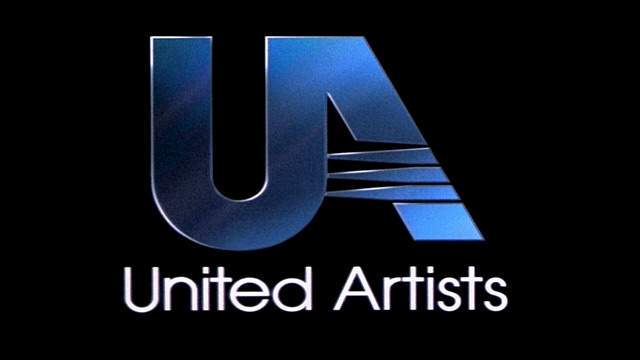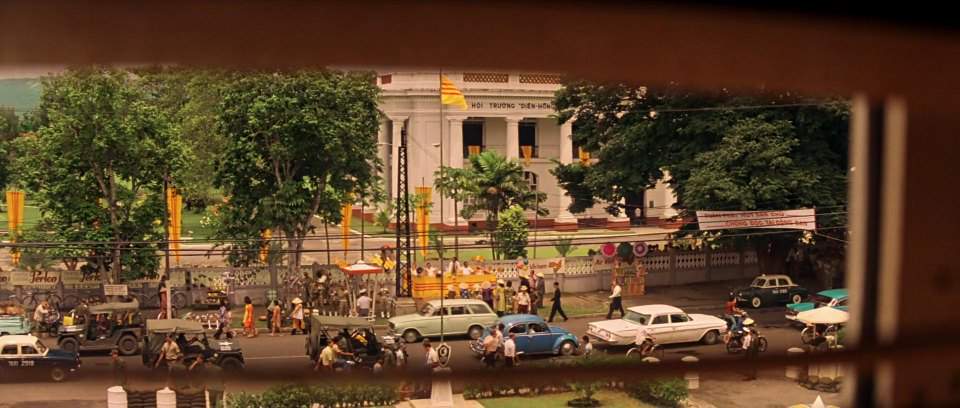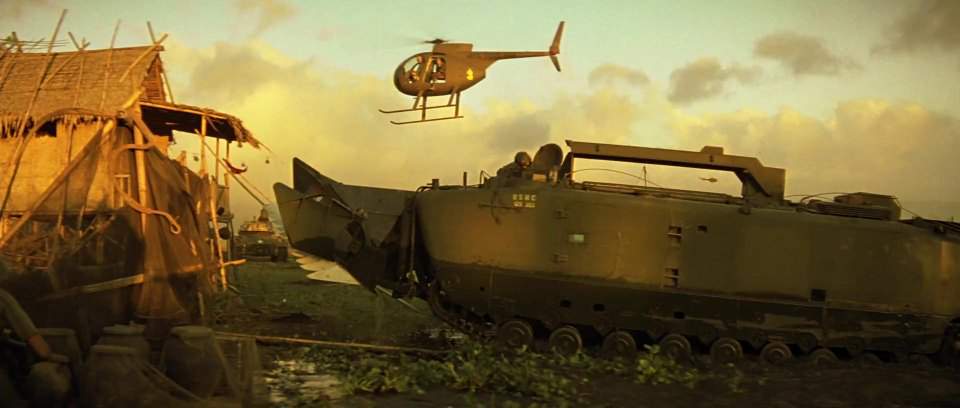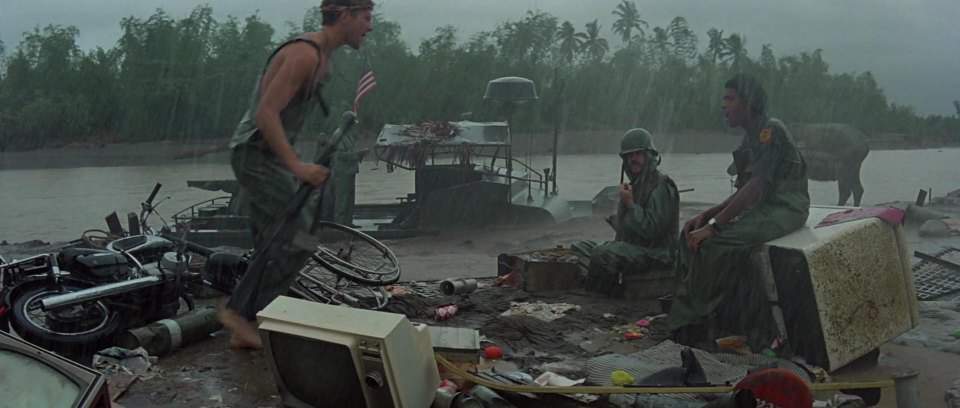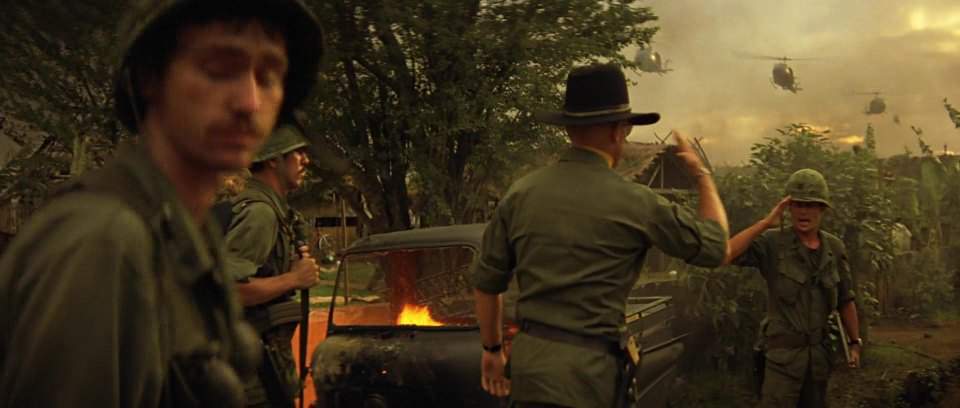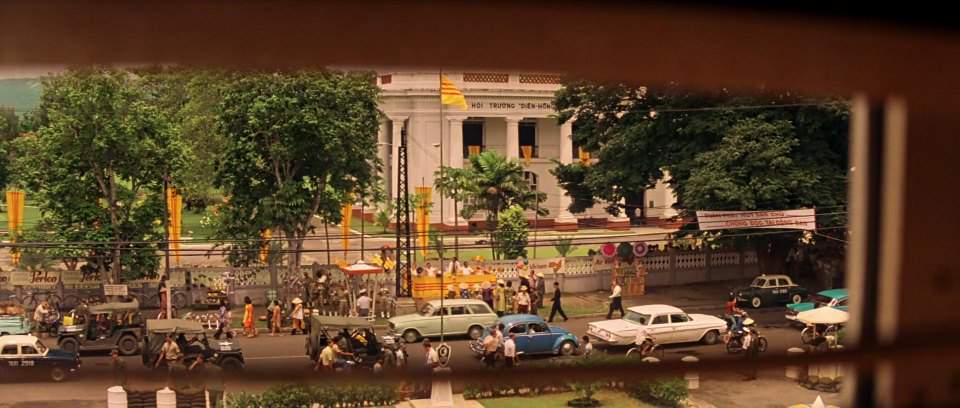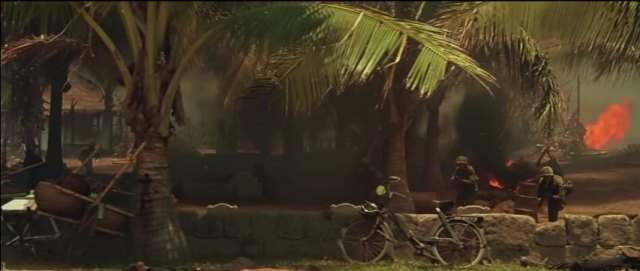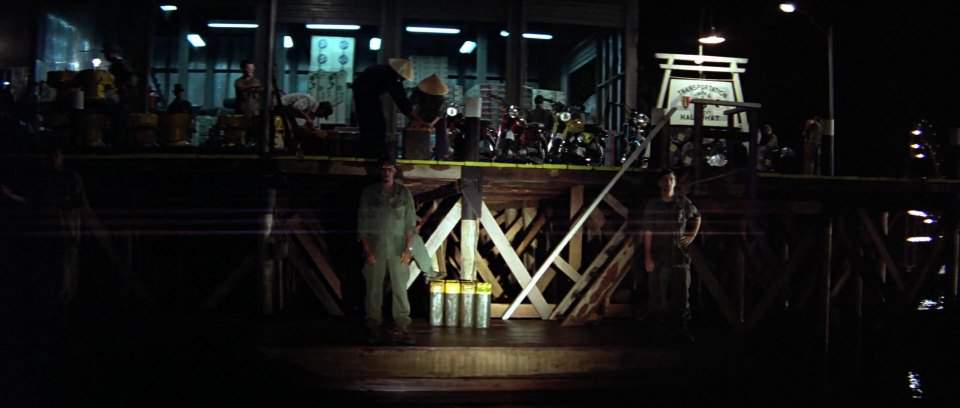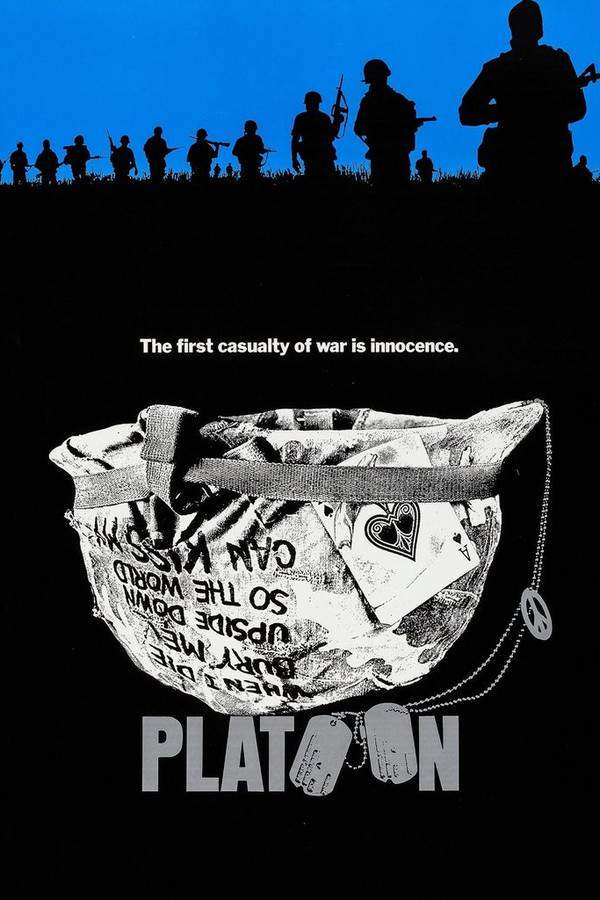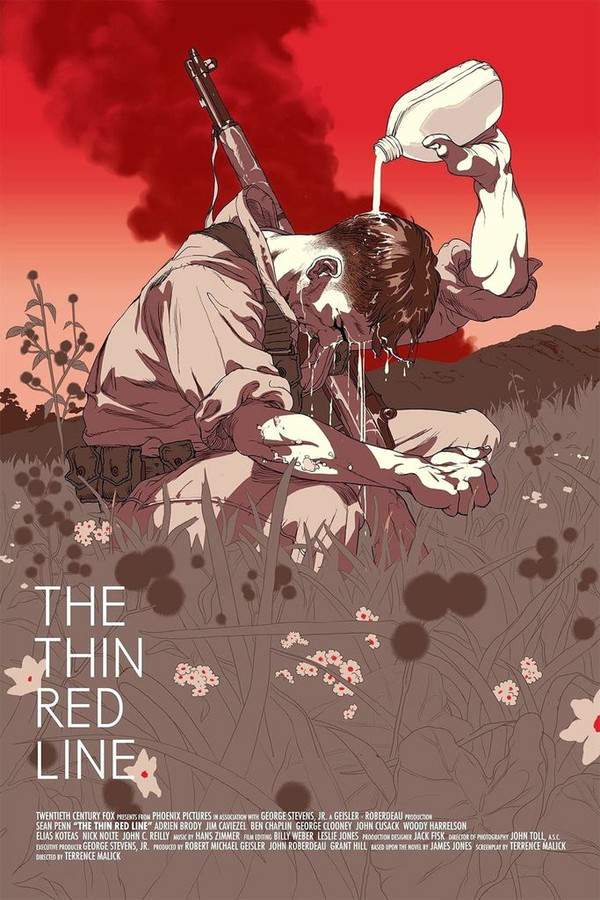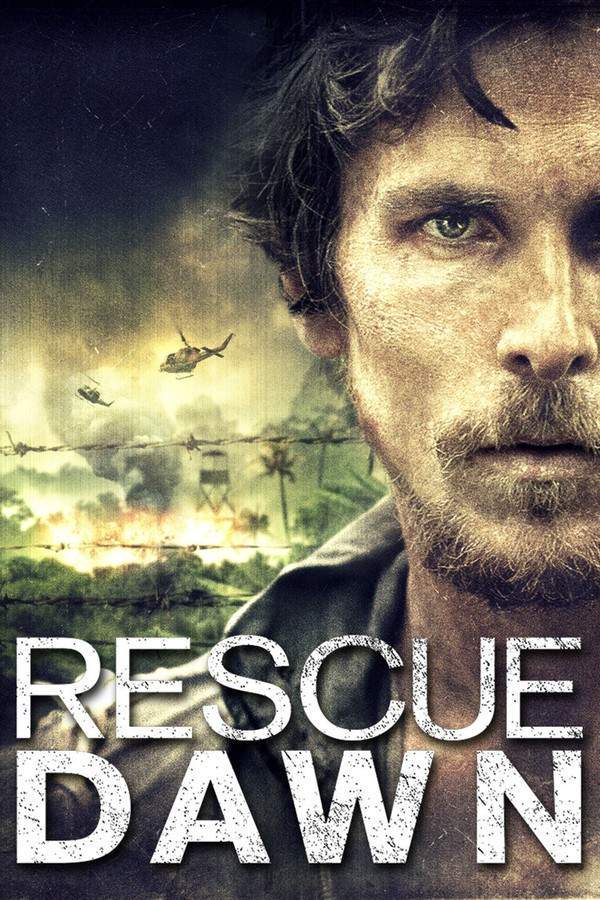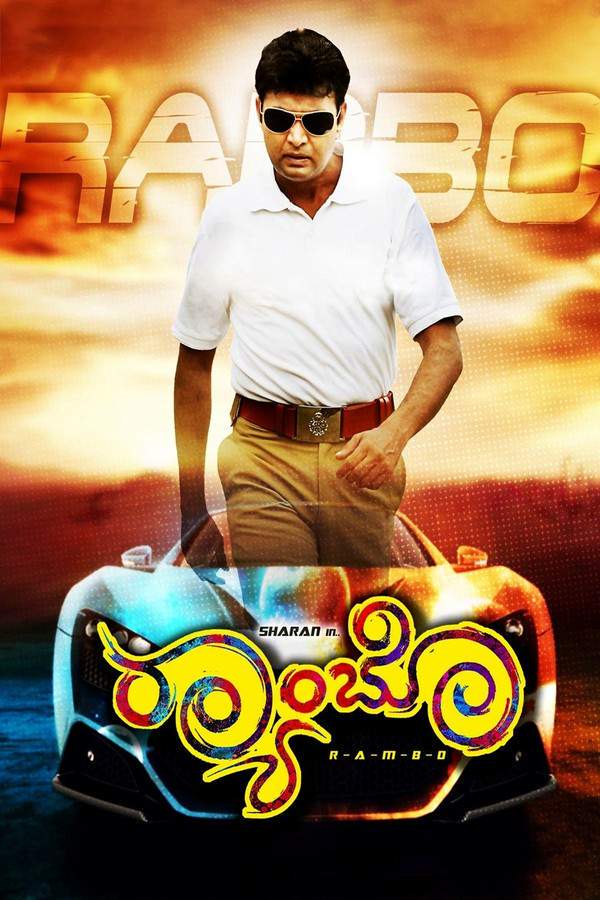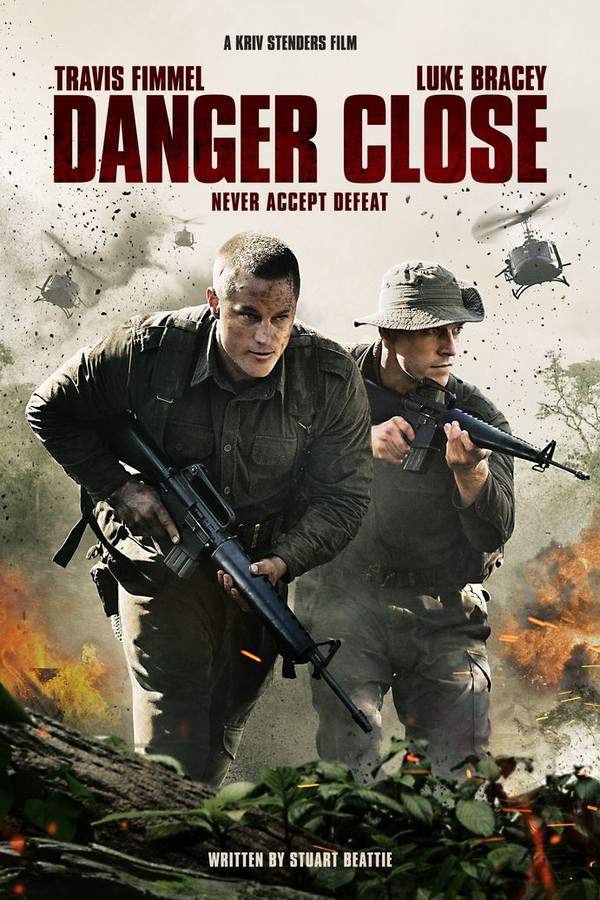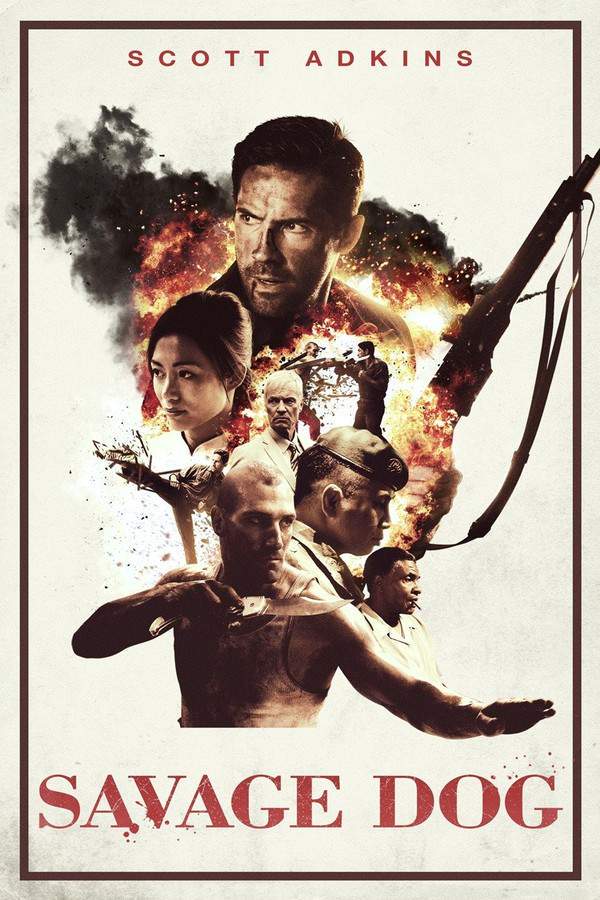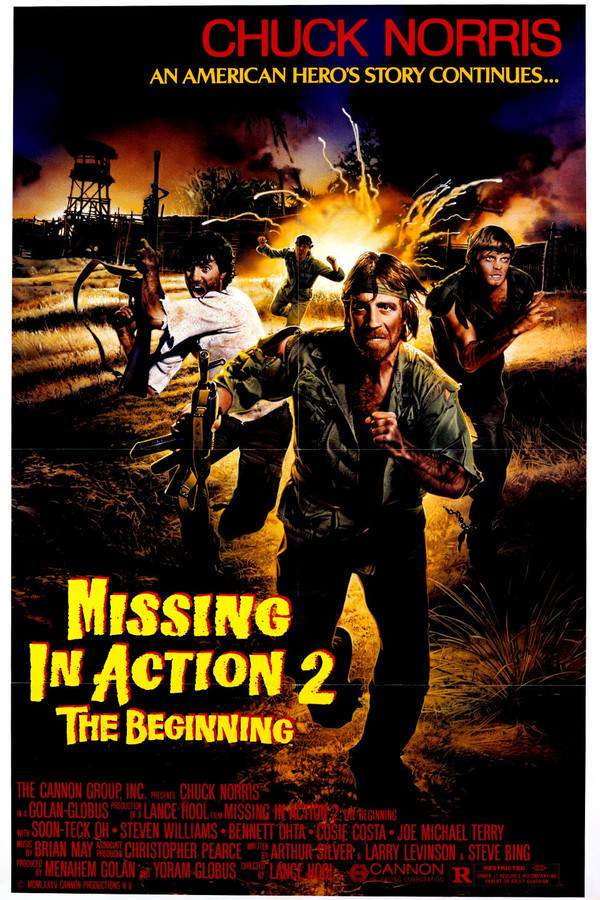Apocalypse Now 1979
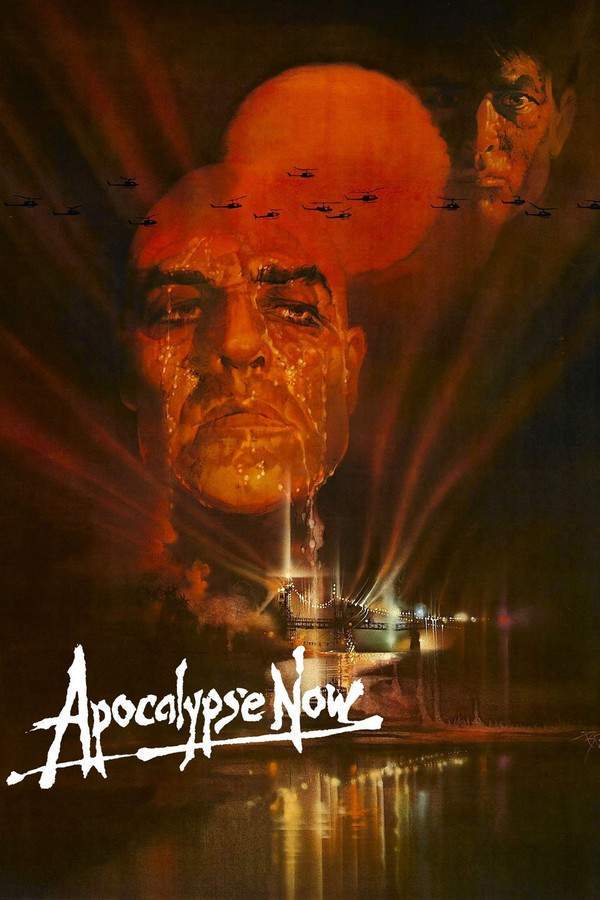
During the Vietnam War, Captain Willard is given a dangerous mission: journey up a river into the Cambodian jungle to assassinate Colonel Kurtz. A highly decorated officer, Kurtz has gone rogue and established himself as a god-like figure among a local tribe. Willard's perilous journey is accompanied by a diverse group of U.S. Navy crew members, as they face the brutal realities of war and confront the darkness within themselves.
Does Apocalypse Now have end credit scenes?
Yes!
Apocalypse Now does have end credit scenes. Stay until the very end!
Meet the Full Cast and Actors of Apocalypse Now
Explore the complete cast of Apocalypse Now, including both lead and supporting actors. Learn who plays each character, discover their past roles and achievements, and find out what makes this ensemble cast stand out in the world of film and television.
External Links and Streaming Options
Discover where to watch Apocalypse Now online, including streaming platforms, rental options, and official sources. Compare reviews, ratings, and in-depth movie information across sites like IMDb, TMDb, Wikipedia or Rotten Tomatoes.
Ratings and Reviews for Apocalypse Now
See how Apocalypse Now is rated across major platforms like IMDb, Metacritic, and TMDb. Compare audience scores and critic reviews to understand where Apocalypse Now stands among top-rated movies in its genre.

94
Metascore
8.7
User Score


90%
TOMATOMETER

94%
User Score

8.4 /10
IMDb Rating

83
%
User Score
Take the Ultimate Apocalypse Now Movie Quiz
Challenge your knowledge of Apocalypse Now with this fun and interactive movie quiz. Test yourself on key plot points, iconic characters, hidden details, and memorable moments to see how well you really know the film.
Apocalypse Now Quiz: Test your knowledge on the haunting journey of Captain Willard in the iconic film 'Apocalypse Now'.
Who plays the role of Captain Benjamin L. Willard?
Martin Sheen
Robert Duvall
Harrison Ford
Marlon Brando
Show hint
Awards & Nominations for Apocalypse Now
Discover all the awards and nominations received by Apocalypse Now, from Oscars to film festival honors. Learn how Apocalypse Now and its cast and crew have been recognized by critics and the industry alike.
The 52nd Academy Awards 1980
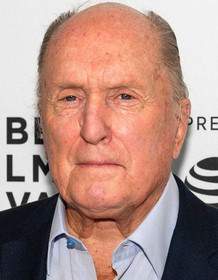
Art Direction
Cinematography
Directing
Film Editing
Best Picture
Sound
Writing (Screenplay Based on Material from Another Medium)
33rd British Academy Film Awards 1980
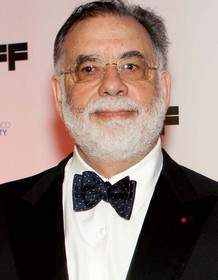



Best Cinematography
Best Editing
Best Original Music
Best Production Design
Best Sound
32nd Directors Guild of America Awards 1980

37th Golden Globe Awards 1980
Best Motion Picture – Drama

Best Supporting Performance in a Motion Picture – Drama, Comedy or Musical (Supporting Actor)
Robert Duvall
Best Original Score
Full Plot Summary and Ending Explained for Apocalypse Now
Read the complete plot summary of Apocalypse Now, including all major events, twists, and the full ending explained in detail. Explore key characters, themes, hidden meanings, and everything you need to understand the story from beginning to end.
U.S. Army Captain and seasoned special operations veteran Benjamin L. Willard (Martin Sheen) finds himself back in the chaotic environment of Saigon, drowning his sorrows in alcohol while wrecking his hotel room. His bleak existence takes a sudden turn when intelligence officers Lt. General Corman and Colonel Lucas, played by G. D. Spradlin and Harrison Ford respectively, approach him with a daunting mission: he is to navigate the treacherous Nung River deep into the Cambodian jungle, track down the rebellious US Special Forces Colonel Walter E. Kurtz (Marlon Brando), and eliminate him.
The officers report that Kurtz is conducting a brutal campaign against NVA, Viet Cong, and Khmer Rouge forces independent of any military oversight, earning him a god-like status among his troops at a remote jungle outpost. With the chilling order to “terminate Kurtz’s command… with extreme prejudice,” Willard embarks on this perilous assignment.
Joined by a Navy PBR boat crew led by George “Chief” Phillips (portrayed by Albert Hall) and fellow members Lance Johnson (Sam Bottoms), Jay “Chef” Hicks (Frederic Forrest), and Tyrone “Mr. Clean” Miller (Laurence Fishburne), Willard sets off. Their journey is interrupted at the mouth of the Nung River, where they encounter the wild, reckless Lieutenant Colonel Bill Kilgore (Robert Duvall). Initially indifferent to their mission, Kilgore’s love for surfing leads him to assault the beachfront filled with Viet Cong while enjoying the classic “Ride of the Valkyries” blaring from helicopter speakers. Despite his antics, Willard manages to gather his crew and push on with their mission.
As they travel upstream, Willard slowly communicates the significance of their mission to Chief, attempting to prioritize their objective amidst growing tension. He discovers that Kurtz, a once-admired officer and promising general, abandoned a prestigious Pentagon role to join the Special Forces, a decision that ultimately tainted his legacy. Willard learns of Kurtz’s controversial actions that led to his downfalls, such as the execution of suspected double agents and the subsequent desertion into Cambodia.
As they make their way deeper through the war-torn landscapes, the crew faces numerous perilous encounters, including a fearsome tiger and a distressing incident where Mr. Clean snaps and kills a group of civilians aboard a sampan, forcing Willard into a dark decision when he executes an injured survivor, viewing it as a necessary evil to maintain their focus.
Pushing further, they uncover the tragic fates of previous attempts to confront Kurtz, including a harrowing letter from Captain Colby (Scott Glenn) that reveals the grim reality of their mission. The psychological toll of the journey weighs heavily on the remaining crew, particularly on Lance and Chef, who become increasingly influenced by drugs and paranoia.
The climax of their expedition occurs at Kurtz’s lair, a savage and eerie Khmer temple. Following a disturbing encounter with a frenetic photographer (Dennis Hopper) and a gut-wrenching revelation of the violence within the camp, Willard finally confronts Kurtz. In the depths of the temple, Kurtz sees Willard as merely an errand boy and imprisons him, leading to a moment of sheer horror when Chef’s severed head is thrown at Willard.
As Kurtz’s philosophical rants delve into the brutal nature of war, Willard grapples with the chilling history that warped Kurtz into the man he has become. After a chaotic night filled with rituals and violence, Willard confronts Kurtz, ultimately ending his life after a lengthy discourse about the darkness within humanity. Kurtz’s final whispered words, > “The horror … the horror …,” reverberate in Willard’s mind as he departs the temple and escapes the madness that engulfed them.
With the village now under siege from airstrikes, Willard and Lance flee the chaos, leaving behind a world teetering on the brink of moral decay, as Kurtz’s haunting legacy lingers in their minds.
Uncover the Details: Timeline, Characters, Themes, and Beyond!

Coming soon on iOS and Android
The Plot Explained Mobile App
From blockbusters to hidden gems — dive into movie stories anytime, anywhere. Save your favorites, discover plots faster, and never miss a twist again.
Sign up to be the first to know when we launch. Your email stays private — always.
Watch Trailers, Clips & Behind-the-Scenes for Apocalypse Now
Watch official trailers, exclusive clips, cast interviews, and behind-the-scenes footage from Apocalypse Now. Dive deeper into the making of the film, its standout moments, and key production insights.
Cars Featured in Apocalypse Now
Explore all cars featured in Apocalypse Now, including their makes, models, scenes they appear in, and their significance to the plot. A must-read for car enthusiasts and movie buffs alike.
Apocalypse Now Themes and Keywords
Discover the central themes, ideas, and keywords that define the movie’s story, tone, and message. Analyze the film’s deeper meanings, genre influences, and recurring concepts.
Apocalypse Now Other Names and Titles
Explore the various alternative titles, translations, and other names used for Apocalypse Now across different regions and languages. Understand how the film is marketed and recognized worldwide.
Articles, Reviews & Explainers About Apocalypse Now
Stay updated on Apocalypse Now with in-depth articles, critical reviews, and ending explainers. Explore hidden meanings, major themes, and expert insights into the film’s story and impact.
Similar Movies To Apocalypse Now You Should Know About
Browse a curated list of movies similar in genre, tone, characters, or story structure. Discover new titles like the one you're watching, perfect for fans of related plots, vibes, or cinematic styles.
Quick Links: Summary, Cast, Ratings, More

What's After the Movie?
Not sure whether to stay after the credits? Find out!
Explore Our Movie Platform
New Movie Releases (2026)
Famous Movie Actors
Top Film Production Studios
Movie Plot Summaries & Endings
Major Movie Awards & Winners
Best Concert Films & Music Documentaries
Movie Collections and Curated Lists
© 2026 What's After the Movie. All rights reserved.


